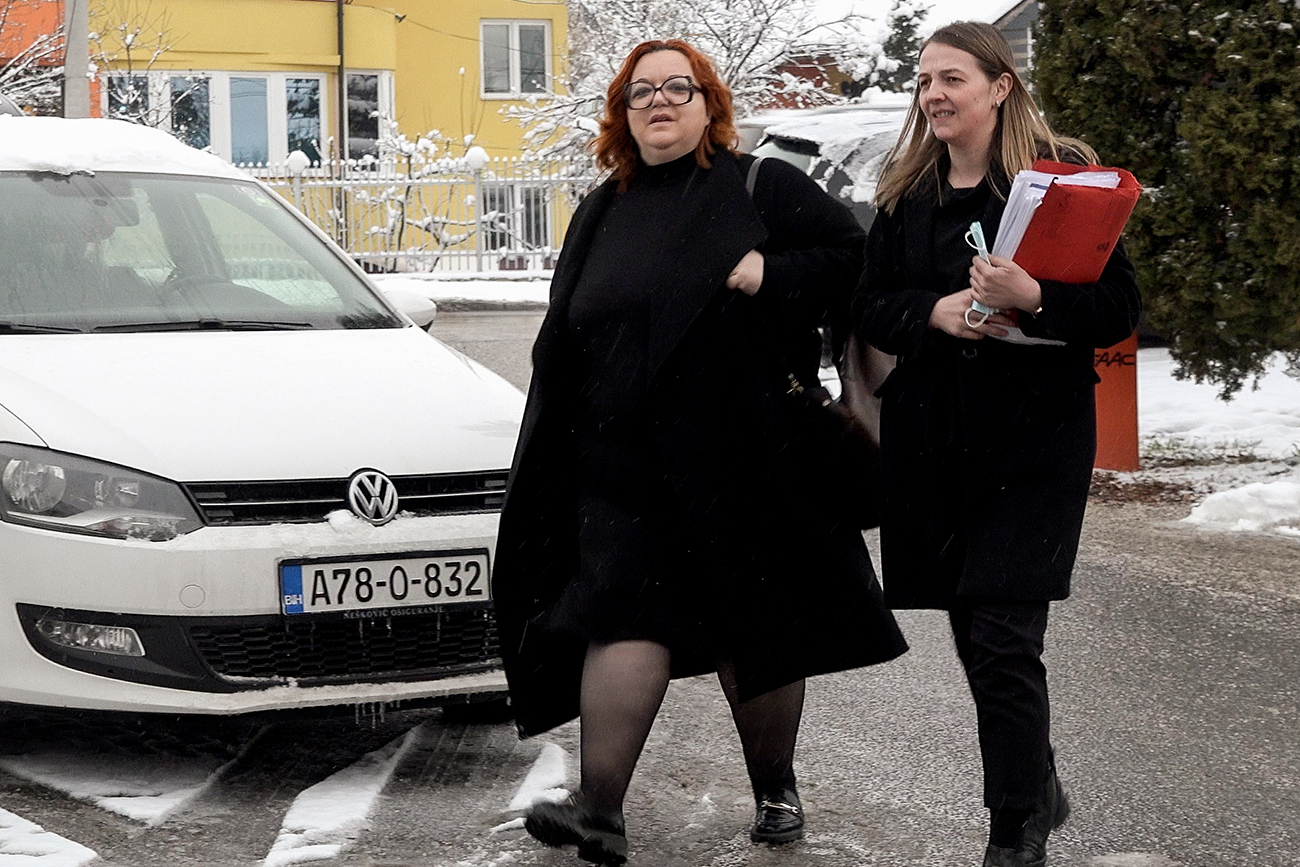”Pervasive crime and public corruption affect all citizens of the country in some way,” said Svjetlana Celic, deputy managing editor of CIN. “Yet few media outlets have the time, resources and personnel to devote to fully covering those issues. People have come to think that the criminals cannot be touched.”
Lisa Mossberg, SIDA’s program coordinator for Bosnia and Herzegovina; and Joakim Molander, first secretary at the Swedish Embassy in Sarajevo, visited the CIN offices Monday for formal signing of the grant financing contract.
Leila Bičakčić, the managing director of CIN, said “The project goal is to use media as an instrument to focus attention on these issues and by doing so, to raise consciousness about them among the public and important NGOs.”
Don't want to miss our stories?
Sign up for our newsletter.
Don't want to miss our stories?
Sign up for our newsletter.
CIN, a joint project of New York University and the Journalism Development Group, has been funded to date by the U.S. Agency for International Development. That grant expires in July.
The SIDA grant, said Bičakčić, represents significant support for continuation of CIN’s work and, more importantly, confirmation that CIN’s work over the past nearly three years proves what journalism can accomplish in BiH.
The goal of the center has been to report thoroughly, accurately and in detail on the issues central to readers’ lives in a style all can understand.
Sweden has a long record of developmental support for BiH going back to before the war. Since 1995, it has been a strong supporter of anti-corruption and other reforms to make the BiH government efficient, transparent and democratic.























